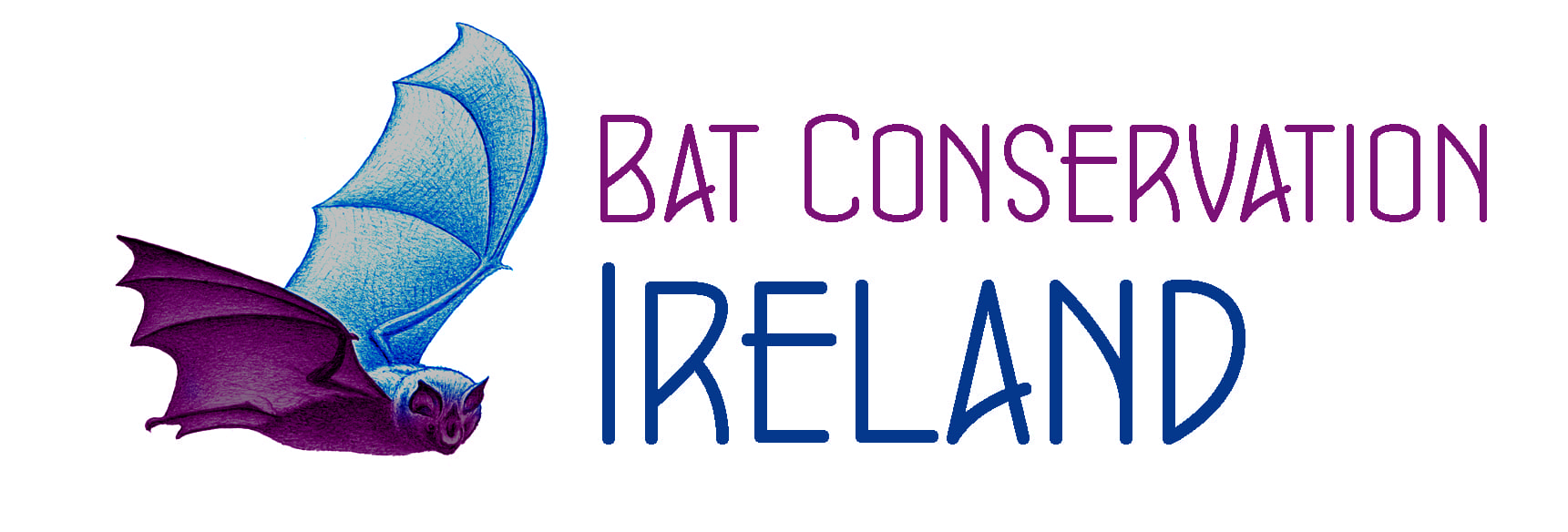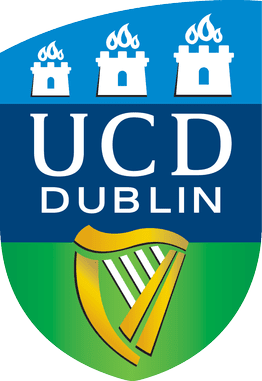Bat Conservation Ireland and University College Dublin’s Batlab today announce the launch of BatsAndBugs.ie. This is a collaborative project, supported and financed by The Community Foundation for Ireland and National Parks and Wildlife Service, to investigate and explore the ecosystem services that bats provide to us. Ecosystem services are the benefits to humans provided by the natural environment and from healthy ecosystems. A core aim of this initiative will be to identify how bats are helping to control insect pests in Ireland.
Professor Emma Teeling, UCD’s lead on the project, said today “I’m so excited by the launch of this dynamic project. There is so much information in bat poop! Using state-of-art DNA technologies on bat droppings collected by our team of citizen scientists, we are going to uncover what bats eat, identify the pests they feed on, and show how Irish bats maintain the balance in our ecosystems for our benefit. Please join us and help us understand the beneficial role that bats play in Ireland.”
Bat Conservation Ireland’s Dr Niamh Roche pointed out the important role of citizen scientists in Ireland: “Bat Conservation Ireland’s work has been helped immeasurably by thousands of members of the public who have not hesitated to pitch into our schemes for monitoring and detecting bats across the island of Ireland. With this project, we are asking for help from those who play a key role in Irish bat conservation – custodians of bat roosts. By participating they will find out more about the species of bat they host along with information on what kinds of insects bats feed on in their area.”
Members of the public who host a bat roost, in or around their properties, are invited to contribute to this citizen science exercise by collecting droppings and sending them to the UCD lab. There is a very simple protocol and volunteers can download or watch a video of sampling instructions. Once they are comfortable that they can carry out the steps involved, all they have to do is register on BatsandBugs.ie and a sampling pack will be sent out to them.
I’m so excited by the launch of this dynamic project. There is so much information in bat poop!
Professor Emma Teeling, University College Dublin
Experts at UCD will analyse droppings using state-of-the-art DNA metabarcoding techniques, identify the bat species and determine what the bats have been eating. Until the advent of DNA analysis, figuring out what bats ate involved staring down microscopes for hours while trying to identify tiny pieces of insects. This was very time consuming and it was difficult to identify the prey exactly. However, it is now possible to use DNA markers to identify the prey species in droppings in the laboratory. This means that results are much more accurate and we can identify more prey items to species level.
There are nine species of bats found in Ireland. Sadly, these amazing and valuable creatures can be portrayed negatively by the media and they often get a bad rap – for example, for sucking blood or getting tangled in hair – both fake facts! The priceless ecosystem services they provide to humans include seed dispersal, pollination and pest control.
All Irish bats are insectivorous. They eat a range of invertebrates including spiders, moths, dung flies and beetles. Indeed, during the current heatwave that Ireland enjoyed, our nine species of bats could readily be spotted over our houses, fields, hedgerows and waterways feasting on the prolific numbers of midges, mosquitos and other biting insects that interfere with our enjoyment of these warmer evenings and nights.
In Ireland, bats are threatened by habitat loss, climate change and insecticides. The consequences of losing our bats could be enormous. In the U.S., the economic value of bats, in terms of pest control, is estimated to be worth $22.9 billion per annum. Here in Ireland, it is vital that we gain a better understanding of what bats eat, how much they eat and where.
For further information or media interviews
Please contact either:
- Dr Niamh Roche, Bat Conservation Ireland: [email protected]
- Professor Emma Teeling, University College Dublin: [email protected]





